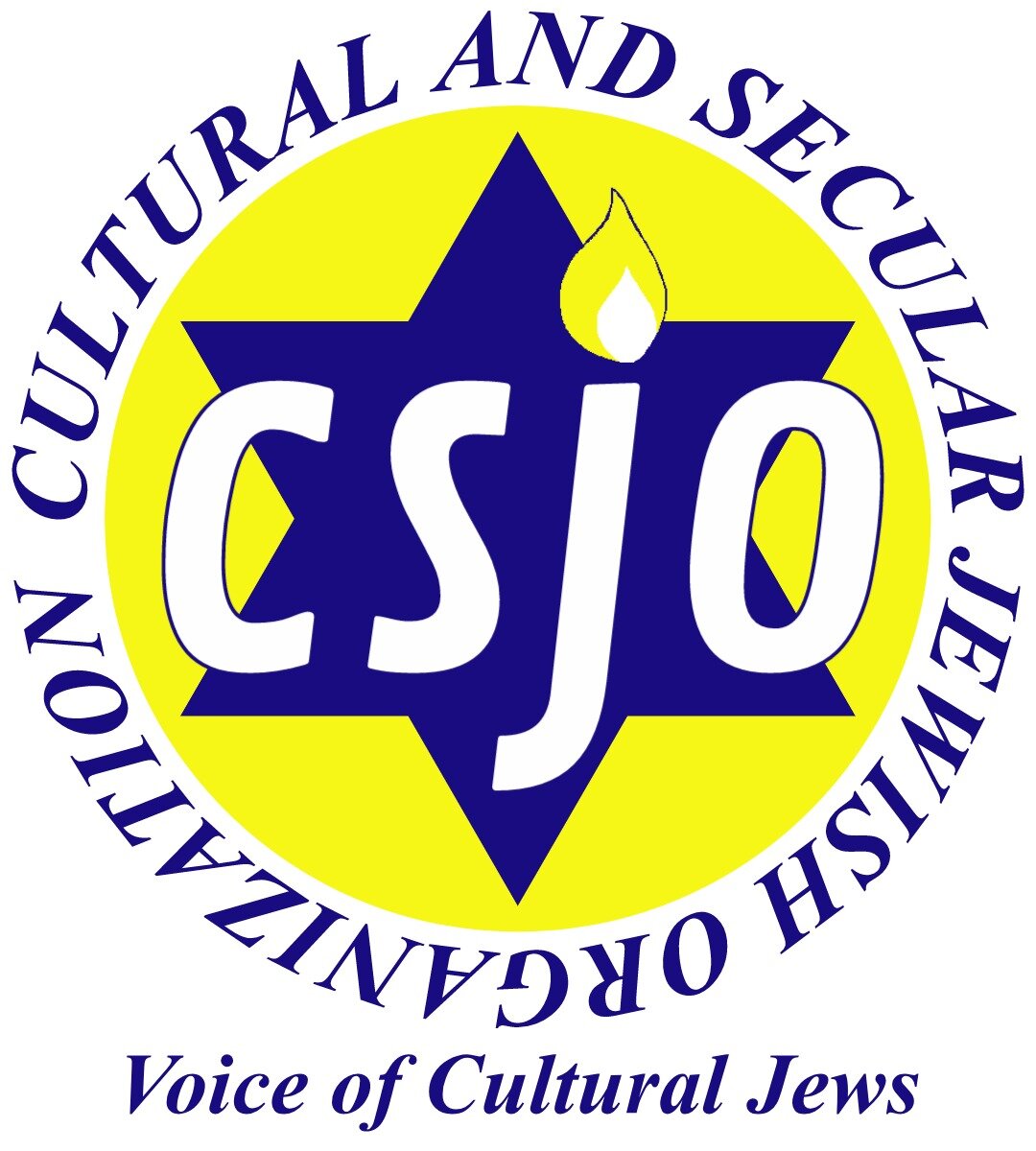One Pitt Panther's Reaction to the Pittsburgh Shooting
By Madeline Burns
On October 27th, I was awoken by an automated phone call. "There's an active shooter in the Tree of Life Synagogue in the Squirrel Hill section of the city. Find shelter." Fear flooded in. While I was safe in my bed in Philadelphia on that Saturday, I had no idea where my friends were, if they had gone to temple that morning, or if there were other shooters. I sat that entire morning with my eyes bouncing between the news on the TV and my phone, waiting for messages. Group texts came in — my friends marking themselves safe. Some shared that they were huddled in a basement in a different synagogue, or at Hillel that morning, or still in bed. I breathed again knowing my friends, the family that I had chosen, were safe. But then this profound sadness set in. I'd been around the Tree of Life Synagogue many times. Squirrel Hill is a predominantly Jewish section of Pittsburgh and right next to the Pitt and Carnegie Mellon campuses. I'd go food shopping there. I went there last year to buy supplies for the first Seder I'd ever hosted. I'd introduced my non-Jewish friends to kugel and matzah ball soup there. I felt safe there. In that same place, my friends were huddling in a basement, hiding from an armed man intent upon killing them. Images from past genocides came to mind, from the Spanish Inquisition to Russian Pogroms to the Holocaust. Up until that day, I'd thought of those things as history. Sure, someone might paint a swastika on another person's door, but they wouldn't lynch them on the street, right? Surely in 2018 we'd moved on. And yet, here I was, waiting for the names of the deceased to be published from this horrific attack. I remember wondering how many thousands of people had been in my position before, their sense of safety and security shattered, waiting for the names of the dead. Nearly all the optimism I had was gone — this was Trump's America, and those who hated us felt free to stand up and declare it for the world to see.
Later that day, though, I realized that wasn't the moral of this story. In less than six hours, a group called Muslims Unite for Pittsburgh Synagogue raised over $25,000 for the victims to help cover medical bills, funeral arrangements, child care, and whatever else these families needed. As of the writing of this blog post, that amount has grown to over $238,000. People showed up in droves to sit shiva for the victims. Messages of support came from around the world, sharing in our mourning and offering prayers, strength, and shoulders to cry on. Churches brought kosher food to opened homes, and doctors and coroners were careful to be as respectful of religious laws for Jewish burials as possible. While various individual players have worn the Star of David on shoes, hats, or gloves, the Pittsburgh Penguins became the first U.S. professional team to put the star on its jersey, along with the line "Stronger than Hate," a gesture that would be similarly reflected by all the Pittsburgh sports teams.
On a more personal level, people who I hadn't spoken to in years reached out to me to see if I was safe, to see if I needed anything, to offer ears that would listen and arms that would hug. Through all this, I had a moment akin to the Grinch when he realizes that Christmas doesn't come from a store — maybe it means just a little bit more. Mr. Rogers, a famous Pittsburgher himself, once recalled the advice his mother gave him after the Kennedy assassination: "Look for the helpers." Seeing the way my city and my community around the world came together is what I am choosing to remember from that day and the days that followed.


